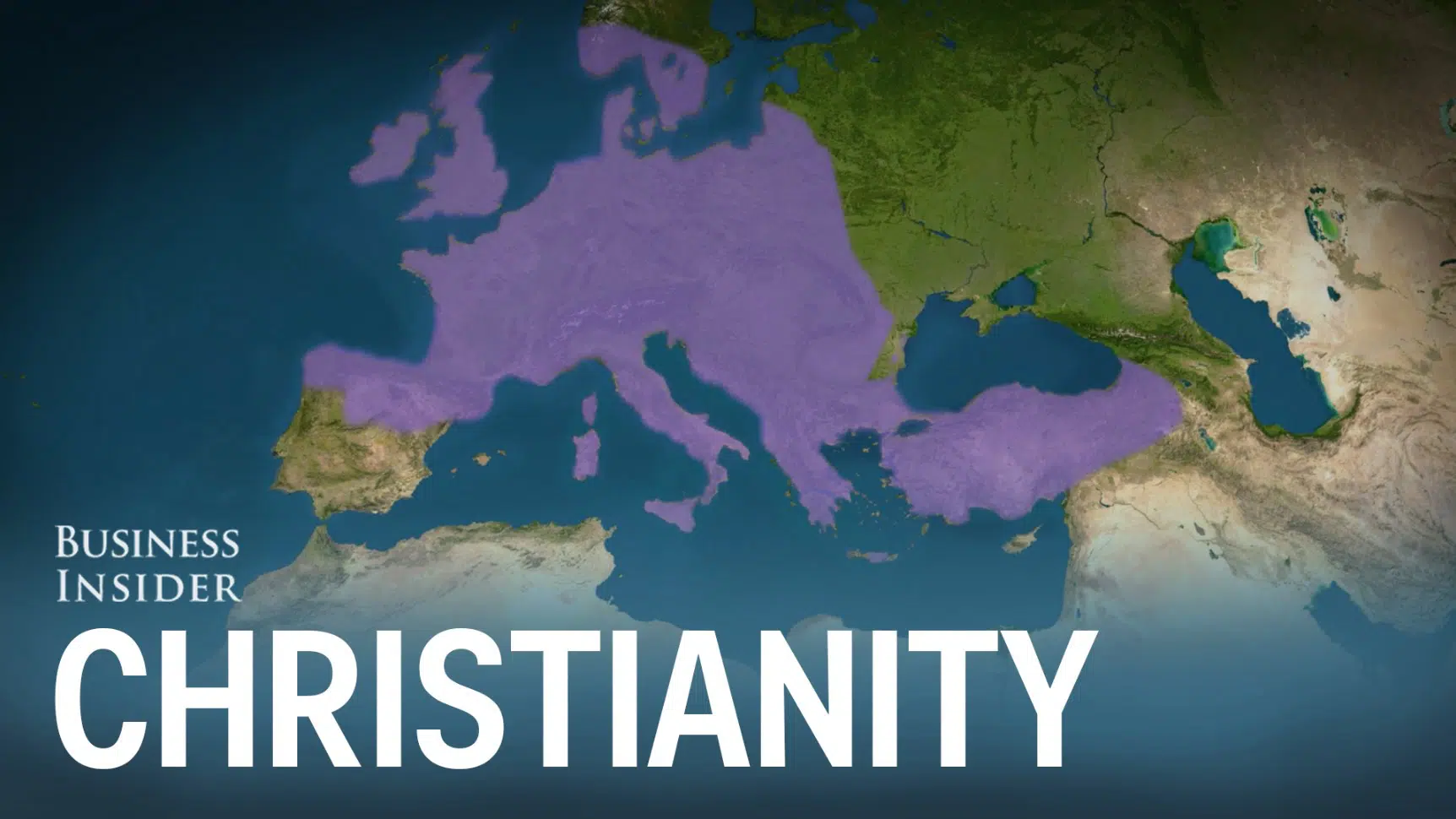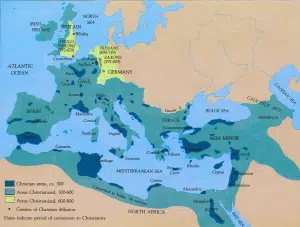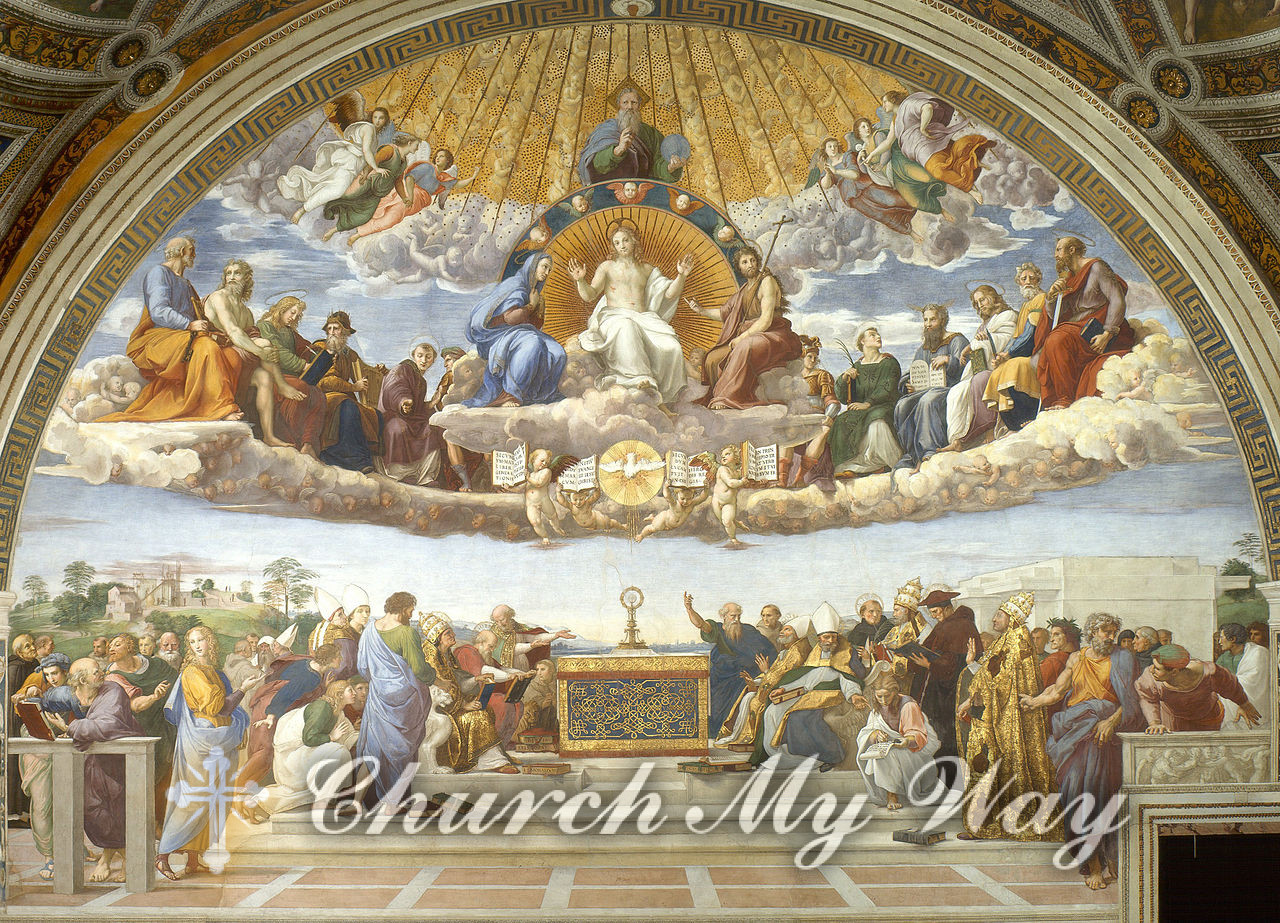How did Christianity spread globally?
The first religions were polytheistic. However, as the world became more connected and there started to be more contact between people of different backgrounds, some people started to believe in a monotheistic god. These people were persecuted for their beliefs and often forced to worship other gods through various means such as torture or simply by destroying their holy texts and temples.
The religion was officially accepted on a large scale following Emperor Constantine’s conversion to Christianity. He then legalized Christianity and ordered that it be preached throughout the Roman Empire. The religion then spread quickly throughout Europe during the time of European exploration and colonialism. Christianity has now become one of the largest religions in the world with 2 billion followers worldwide representing about half of all Christians in history.
What were the beliefs of Christianity in the days of the Apostles?
In the days of the apostles, Christianity was a messianic Jewish sect.
Christianity originated in Judea and Galilee in the 1st century AD, at a time when most Jews had a good understanding of Hebrew scripture. The writings of the New Testament were all written in Greek, not Hebrew or Aramaic, and they reflect this background.
The earliest Christians were Jewish by birth and upbringing. They followed the Torah, lived according to the customs prescribed by Jewish law (Halakhah), and worshipped God as other Jews did. In particular, they continued to stress observance of traditional Judaism’s strictures on ritual purity – dietary regulations (kashrut), special days (the Sabbath), and practices relating to childbirth, menstruation, sexuality, and family purity.
What were some obstacles that Christianity faced in its early days?
A few of the obstacles Christianity faced in its early days are that it wasn’t accepted by everyone, there was a lack of evidence, and Christianity didn’t have many followers.
With little access to infrastructure and technologies, some of the major obstacles that Christianity faced in its early days were distance and the lack of people with the ability to read and write.
How did Constantine’s conversion to Christianity affect Christianity’s growth?
Constantine’s conversion to Christianity was the turning point in Christianity’s growth.
Before Constantine, Christians were an oppressed minority. After his conversion, he became the first Roman Emperor to convert to the new religion and started promoting it through his control of the military, government, and economy. As a result, Christianity became popular across the Roman empire very quickly.
What was the nature of Christian preaching in its early days?
The Bible is the Christian preacher’s ultimate authority. It is the only book that can be quoted, and it is quoted extensively.
The early Christian preacher’s primary responsibility was to demonstrate the power of the gospel message. They would use stories and personal testimony to show how Jesus transformed their lives.
Who was Paul of Tarsus, and how did he shape the future of Christianity?
Paul of Tarsus is a central figure in Christianity. He was a Jew with a Pharisee upbringing and Roman citizenship but converted to Christianity. He became the Apostle to the Gentiles, touring the Eastern Mediterranean region and spreading Christianity.
In the Book of Acts, Paul’s letters to various churches provide instructions that are still followed by most Christian denominations today.
The Book of Acts is a narrative account of the ministry of Jesus and the early Christian church from a particular point of view, that of a Gentile who had been converted. The author tells the story of how God miraculously saved them from persecution and then sent them to preach to other Gentiles in Rome, Asia Minor, Greece, and Spain. The goal is to get their message out as quickly as they can.
Advocates of a cause may use different channels to spread their message. They can utilize social media, television, radio, flyers, etc. to get the word out about what they believe in.
Read more: The Amazing History of Christianity: An Analysis of the Challenges it Faced in the 21st Century
Reference: Wikipedia & businessinsider.com







